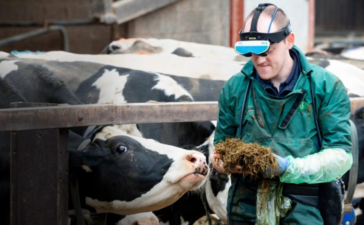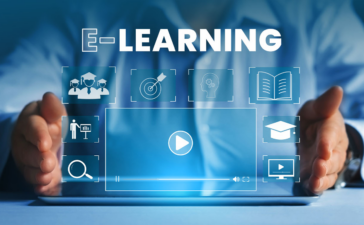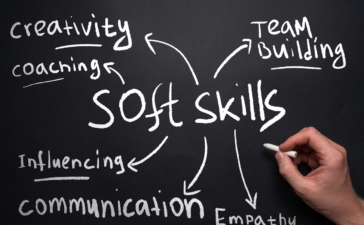The two dominant forces in a dynamic environment of a modern workplace are Millennials (born 1981-1996) and GenZ (born 1997-2012).This indicates the co- existence of multiple generations in a workplace, who drive change and innovation in their own way. While these generations work for the same business or company, share the same values and have the same goals, there are still numerous differences in between that brings along diversity and fluctuations in the dynamics of a workplace.
If not tackled in a right way, these differences can be a hurdle for an organisation. However, acknowledging, understanding and effectively managing them can harness the strengths of both generations to foster a more collaborative and productive workforce.
Understanding Millennials and GenZ in the workplace-
Millennials
A generation that entered the workforce during or after the 2008 financial crisis. This made the people of this generation to run behind more towards job security, work-life balance and meaningful work. They naturally favor collaboration, more flexible work environments and more opportunities for personal growth.
Gen Z
This generation is known as the first fully digital-native generation who grew up with social media, instant communication and a strong sense of individuality. They tend to be more independent and entrepreneurial and prioritize workplace stability, diversity and technology driven solutions.
Key Differences and Challenges in merging the generations-
Communication Styles
While Millennials prefer face to face interactions, Gen Z on the other hand, are more comfortable with synchronous communication.
Millennials value teamwork and appreciate in-person collaboration and Gen Z expect instant responses and are more accustomed to quick, digital-first communication methods.
Work Expectations and Job Stability
Millennials seek meaningful work and career progression but are willing to change jobs if they feel undervalued while, on the other hand, Gen Z prioritizes job security more and are pragmatic, value financial stability and prefer workplaces that offer long term career growth.
Approach to Workplace Technology
Millennials value traditional workplaces and are still adapting to digital technology while Gen Z expects a seamless digital experience and prefers AI, automation and cutting-edge tools to optimize efficiency.
Diversity, Inclusions and Social Responsibility
Both the generations have a sense of value towards diversity and inclusions but Gen Z is comparatively more vocal about the social issues and expects businesses to take a stand on global matters.
Work-Life Balance vs. Work-Life Integration
Millennials advocate for work-life balance and flexible work schedules. They prefer remote or hybrid work environments. Gen Z leans more towards work-life integration, seamlessly blending personal and professional lives, often using technology to stay connected outside of work hours.
Strategies to bridge the gap-
Encourage Open Communication
Implementing a mix of communication stages that suits the generations can help with encouraging better communications at a workplace. Utilizing instant messaging tools for quick conversations, maintaining regular in-person or virtual team meetings and fostering a feedback culture can make both the generations feel heard and valued.
Leverage Technology Effectively
It is very crucial to understand that not each and every person of both the generations will be able to understand and handle the digital tools and modern technical changes well. So, providing training sessions to ensure all employees are comfortable using workplace technology can help with increasing the interaction between both the generations.
Implement Cross-Generational Mentorship Programs
Arranging interactive programs where millennials can mentor Gen Z employees by sharing their experiences and workplace wisdom and also can allow Gen Z to reverse mentor millennials on digital trends, social media and emerging technologies.
Recognize And Reward Employees Differently
Millennials appreciate team-based recognition while Gen Z prefers personalised feedback and individual achievements. Implementing a reward system that caters to both preferences will make both the generation feel appreciated and recognized in their own domain.
A top HR software can bridge the gap between Millennials and Gen Z by enabling seamless communication, fostering collaboration, and streamlining workflows. Features like AI-driven feedback, mentorship programs, digital learning platforms, and flexible work scheduling help cater to both generations’ needs, enhancing engagement, productivity, and a more inclusive workplace culture.





